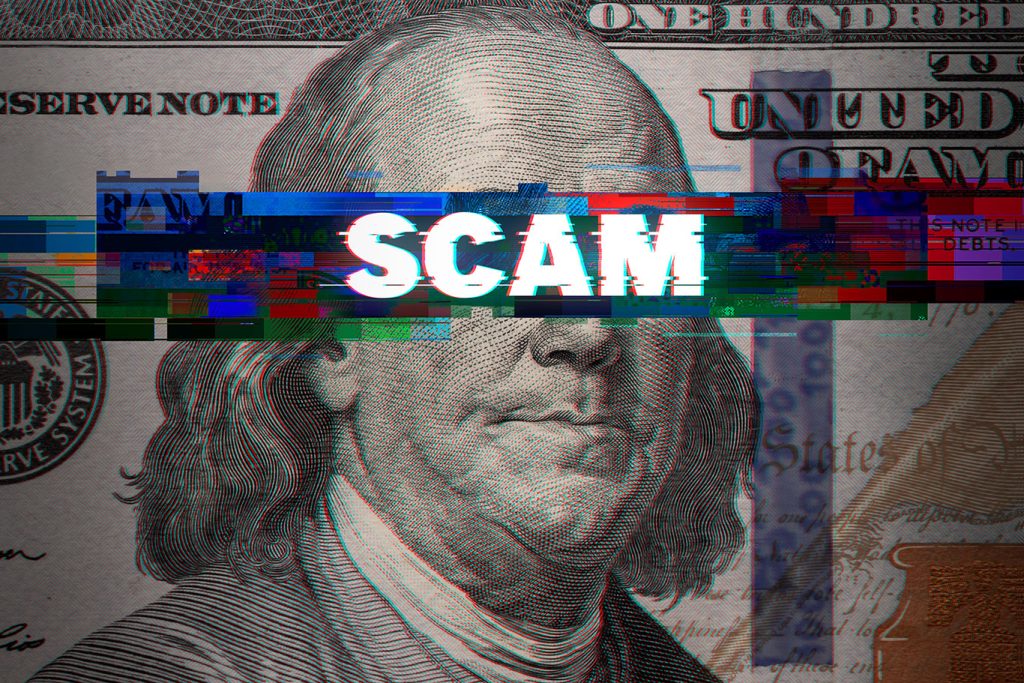Paypal scams have been around since the platform’s inception, but these scams increased during the pandemic. Perhaps because of the high number of remote workers and transactions that had to be done on Paypal because of lockdown restrictions. Last year there was a new wave of Paypal scams, this time sending emails to your inbox claiming to need a verification of your password because of “strange activity” going on in your account.
Here are a few ways to spot a Paypal scam and protect yourself.
Signs of a Paypal scam email

You will find odd characters or random numbers in the sender’s email. Another sign is the use of “Dear Customer” as an opening. The message always carries an urgent tone to force you to act quickly. The scammers know that the fear that someone has hacked your account and can make illegal withdrawals will get you to react blindly without thinking. So before clicking on any link they send, first calm down. Then hover over the link the scammer sends you will realize it is not the Paypal official website.
How does it feel to be a victim of a Paypal scam?
There are no words to describe the devastation victims of Paypal scams experience when they realize that they have been duped. It is not uncommon to see fraud victims recoil and become a paler version of themselves. First, it is the sadness and despair of losing their hard-earned funds. After that, the shame and disappointment( always directed to themselves) slowly creep in. Unfortunately, most victims will keep the incident because they feel it is their fault for being fooled the second time. We don’t blame them, and we are here to help.
How to tell genuine Paypal emails from fake ones
If there is a problem with your account, Paypal will send you an email, and you will receive a notification on your dashboard. So before you click on anything, make sure you have received a notice that bears the same message as the one in the email.
Paypal addresses its customers by their name and not “Dear Customer.” So don’t reply or open any attachments; it could be a virus. And if in doubt, contact PayPal to be 100% sure.
Paypal Scams You Should Know
The Prize winner scam: Here, the scammer will email you, congratulating you on winning a prize. Here is the catch, you have to pay a processing/handling fee to claim the “prize.” If you don’t remember entering the competition or doing anything that warrants a reward, know that you are dealing with scammers. Keep in mind that a legitimate company will not ask you to pay before receiving a prize/reward.
You’ve been paid scam: Scammers target e-commerce stores and business owners in this type of scam. For example, if you’re selling an item, a scam email can tell you that you’ve received the payment. Whereas, in fact, the scammer just wants what you’re selling for free. If you receive a notification for payment, double-check your Paypal account balance before shipping the item.
How to protect yourself from such scams
- If you receive an email saying there is a problem with your online account, log in to your PayPal account to verify.
- Ignore email creates urgency by saying that your account will be blocked/shut down if you do not verify and update your password.
- Don’t click on any links or attachments from unknown sources. Do not send replies to such emails.
- Turn on your spam filters so emails with unknown addresses will be sent straight to your spam folder.
- Add the email addresses of any suspicious emails to your block sender lists. You won’t then get an email from that address again.
Are you a victim of a Paypal scam? Contact roselanegpltd.com today
If you or someone you know is a victim of Paypal scams, we ask that you act fast by contacting us because the time frame is essential and every day counts. Luckily for you, we have wealth recovery professionals on our team who know exactly how to get your money back in the shortest time frame. So contact us with details of your transactions and dealings with the scammers and leave the rest to us.
We will help you recover your funds and your life back.







